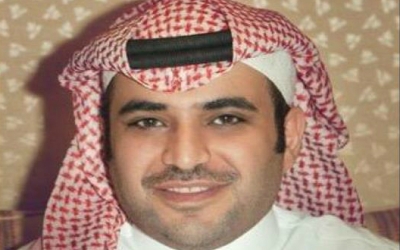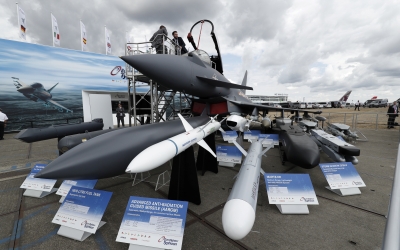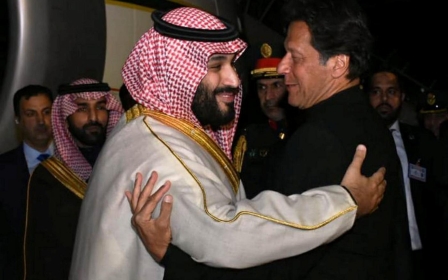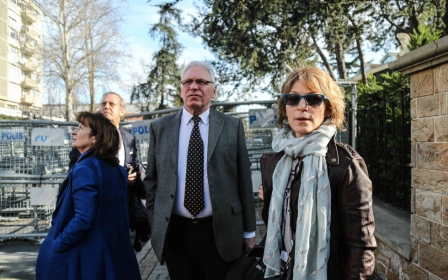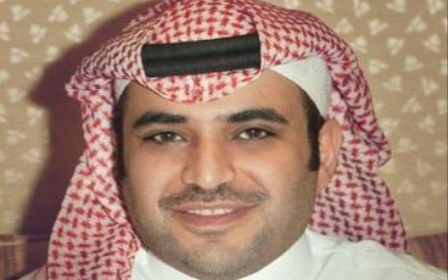UN investigator urges Saudi Arabia to open up Khashoggi murder trial
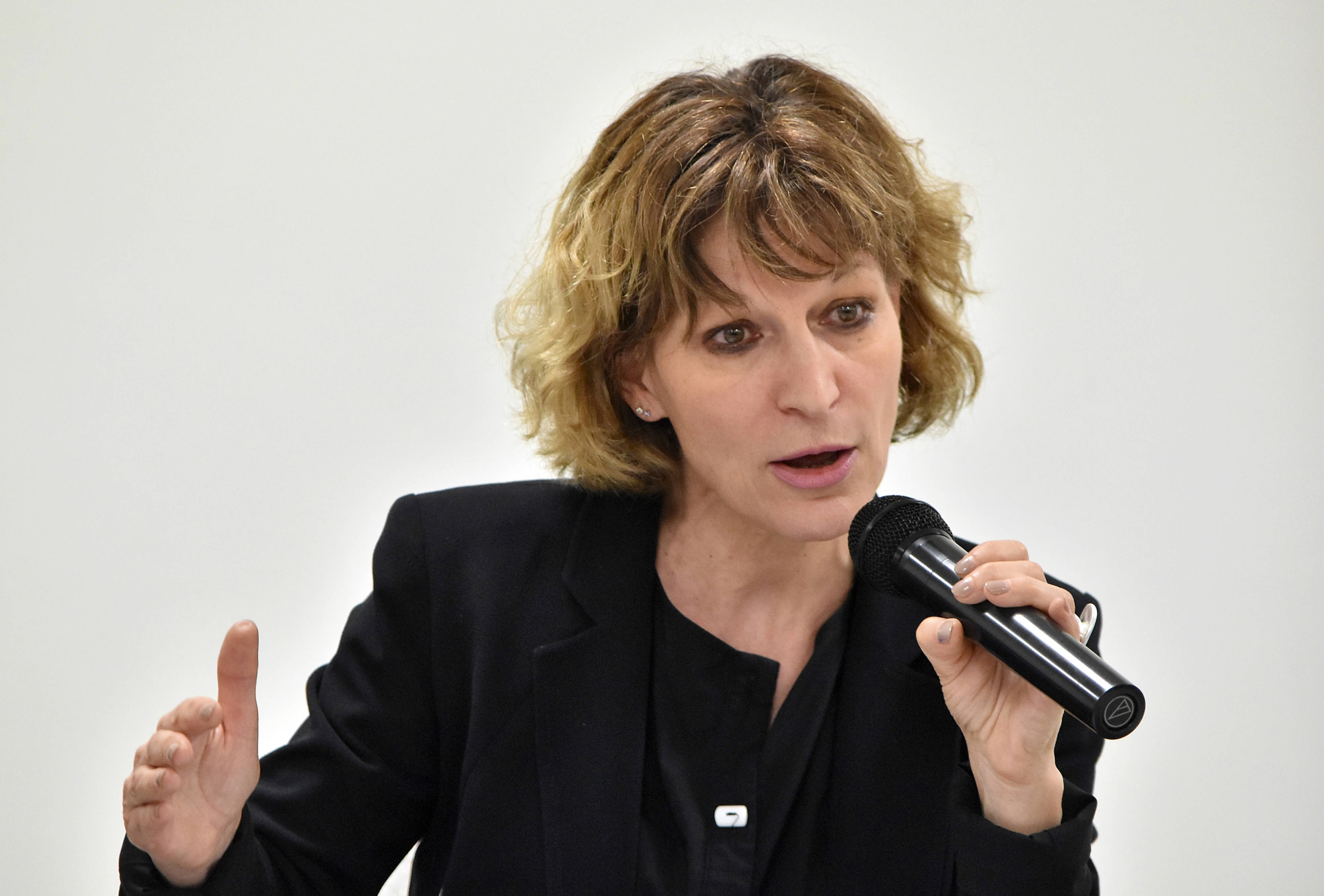
Saudi Arabia's secretive hearings for 11 suspects accused in the murder of journalist Jamal Khashoggi violate international law and should be open to the public and trial observers, a UN human rights expert has said.
Agnes Callamard, the UN special rapporteur on extrajudicial executions who is leading an international inquiry into Khashoggi's killing, denounced what she called the lack of transparency of the kingdom's investigation and legal proceedings.
On Thursday, she called for Saudi authorities to reveal the defendants' names, the charges and the fate of 10 others initially arrested for the murder of Khashoggi, who was killed at the Saudi consulate in Istanbul last October.
"The current proceedings contravene international human rights law according to which the right to a fair trial involves the right to a public hearing," Callamard said in a statement.
"The government of Saudi Arabia is grievously mistaken if it believes that these proceedings, as currently constituted, will satisfy the international community, either in terms of procedural fairness under international standards or in terms of the validity of their conclusions," she said.
The UN human rights office and International Bar Association have requested access to the court, she added.
'Kangaroo court'
The Saudi public prosecutor indicted 11 unidentified suspects in November, including five who could face the death penalty on charges of ordering and committing the crime.
The CIA and some Western countries believe Crown Prince Mohammad bin Salman, Saudi Arabia's de facto ruler, ordered the killing, an accusation Saudi officials deny.
Saud al-Qahtani, a top aide to the crown prince fired over the killing, is not among the 11 suspects on trial at hearings in Riyadh despite Saudi pledges to bring those responsible to justice, sources familiar with the matter told Reuters on Sunday.
Senior Saudi officials were "criminally responsible" if they failed to investigate and prosecute those responsible for killing the Washington Post and Middle East Eye columnist, Callamard said.
Referring to diplomats from world powers on the UN Security Council who have attended some hearings, she warned: "They risk being participants in a potential miscarriage of justice, possibly complicit should it be shown that the trials are marred by violations of human rights law."
Louis Charbonneau, UN director at Human Rights Watch, said the Saudi criminal justice system has "an abysmal record," marked by defendants being held for long periods without charge or trial, and often denied lawyers.
Charbonneau added that Saudi authorities should open the Khashoggi murder trial to UN observers, international activists and media, and countries whose diplomats observe the trial should speak out publicly, the Reuters news agency reported.
"We can't enable the Saudi government to turn it into a kangaroo court that conveniently finds a bunch of people guilty while whitewashing the possible responsibility of top Saudi officials," he said.
Germany extends arms exports ban
Meanwhile, the German government said on Thursday it would extend for a further six months a ban on exporting arms to Saudi Arabia, continuing a policy which has strained ties with fellow European arms exporters with whom German companies have joint programmes.
The ban, imposed after the killing of Khashoggi, has been criticised by European allies since it put a question mark over billions of euros of military orders, including a $13.27bn deal to sell 48 Eurofighter Typhoon jets to Riyadh, that would be led by Britain's BAE Systems.
The freeze has pitted Chancellor Angela Merkel's conservatives against their Social Democrat coalition partners, who are keen to woo traditional voters sceptical about arms sales and worried about Saudi involvement in Yemen's war.
"The ban will be extended for a further six months to September 30," read an emailed statement by government spokesman Steffen Seibert, Reuters reported.
"Over this period no new export applications will be approved."
Shipyard to be helped
However, in an attempt to assuage French and British partners' concerns, the government also agreed to extend for nine months export licences that had already been granted, provided the companies undertook not to deliver any finished weapon systems until the end of the year.
This provision frees companies of the obligation to enter the costly and time-consuming process of applying for a new licence.
The government also called on France and Britain to ensure that any weapons systems delivered to Saudi Arabia or the United Arab Emirates would not be deployed in the Yemen conflict.
The government also said it would find ways of helping the privately owned Peene shipyard in Germany, which has been prevented by the export ban from completing and delivering coastguard ships it has built for Saudi Arabia.
Among the options was for Germany to buy the vessels.
Middle East Eye delivers independent and unrivalled coverage and analysis of the Middle East, North Africa and beyond. To learn more about republishing this content and the associated fees, please fill out this form. More about MEE can be found here.



